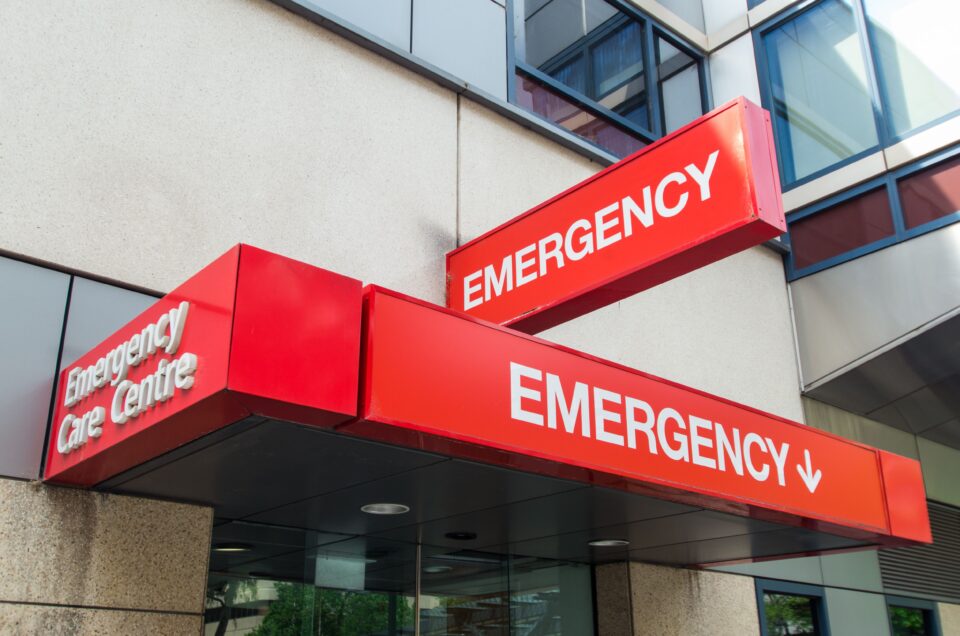The human nervous system, a complex network of nerves and the brain, controls everything from movement and sensation to thinking and emotions. When something goes wrong within this intricate system, it can lead to a neurological emergency. These emergencies require immediate medical attention to minimize potential damage and ensure the best possible outcome.
Recognizing the Warning Signs
Neurological emergencies can manifest in various ways, but some symptoms stand out as red flags. Knowing what to watch for can make all the difference in getting timely intervention:
- Sudden Weakness or Numbness: A sudden onset of weakness or numbness, especially on one side of the body, can be a sign of a stroke. This weakness can affect limbs, facial muscles, or even speech.
- Severe Headache: A sudden, excruciating headache that comes on abruptly and feels unlike anything experienced before is a potential symptom of a ruptured aneurysm, bleeding in the brain, or meningitis.
- Seizure Activity: Seizures are uncontrolled electrical discharges in the brain that can cause loss of consciousness, convulsions, or unusual sensations. Recognizing the specific type of seizure your loved one is experiencing can be helpful, but regardless of the type, seek immediate medical attention.
- Confusion or Disorientation: Sudden confusion, difficulty speaking or understanding speech, or a significant change in mental status can indicate a variety of neurological emergencies.
- Balance Problems or Difficulty Walking: Loss of balance, difficulty walking, or dizziness can be symptoms of a stroke, brain tumor, or inner ear problems.
- Vision Problems: Sudden blurred vision, double vision, or loss of vision in one or both eyes can be caused by a stroke, migraine, or detached retina.
This list is not exhaustive, and any sudden or severe change in neurological function warrants immediate medical attention. The faster you act, the better the chances of minimizing potential damage and ensuring a full recovery.
Why Early Intervention Matters
When deprived of oxygen or blood flow, the brain is highly susceptible to damage. In cases like stroke or bleeding in the brain, every minute counts. Early intervention can significantly improve outcomes, minimizing long-term complications like paralysis, speech difficulties, or cognitive decline.
Similarly, for conditions like meningitis or encephalitis (brain inflammation), early diagnosis and treatment with antibiotics or antivirals can prevent serious complications like brain damage or even death.
When in Doubt, Seek Medical Attention
If you suspect a neurological emergency, don’t hesitate to call emergency services and seek immediate medical care from the nearest hospital emergency department. Even if the symptoms turn out to be something less serious, it’s always better to err on the side of caution.
While some neurological emergencies like migraines may resolve on their own, many require prompt diagnosis and treatment by a qualified neurologist. A neurologist, or neurology doctor, is a medical professional specializing in diagnosing and treating disorders of the nervous system, and they have the expertise to determine the cause of your symptoms and develop an effective treatment plan.
By familiarizing yourself with the signs and symptoms of neurological emergencies and understanding the importance of seeking immediate medical attention, you can ensure that you or your loved one receives the care needed for a full recovery. Learn more about the matter by checking out NowServing PH at https://nowserving.ph/.

